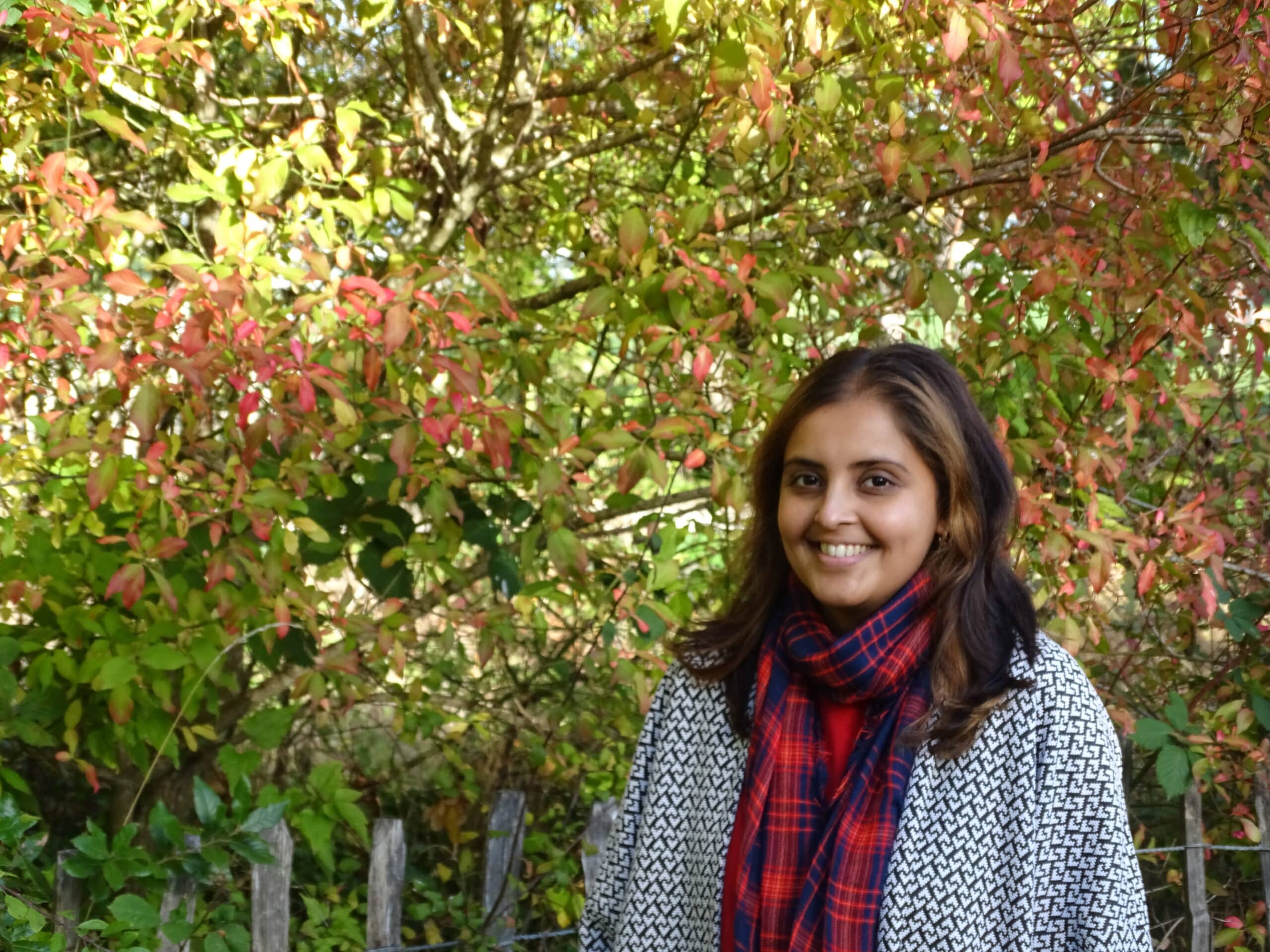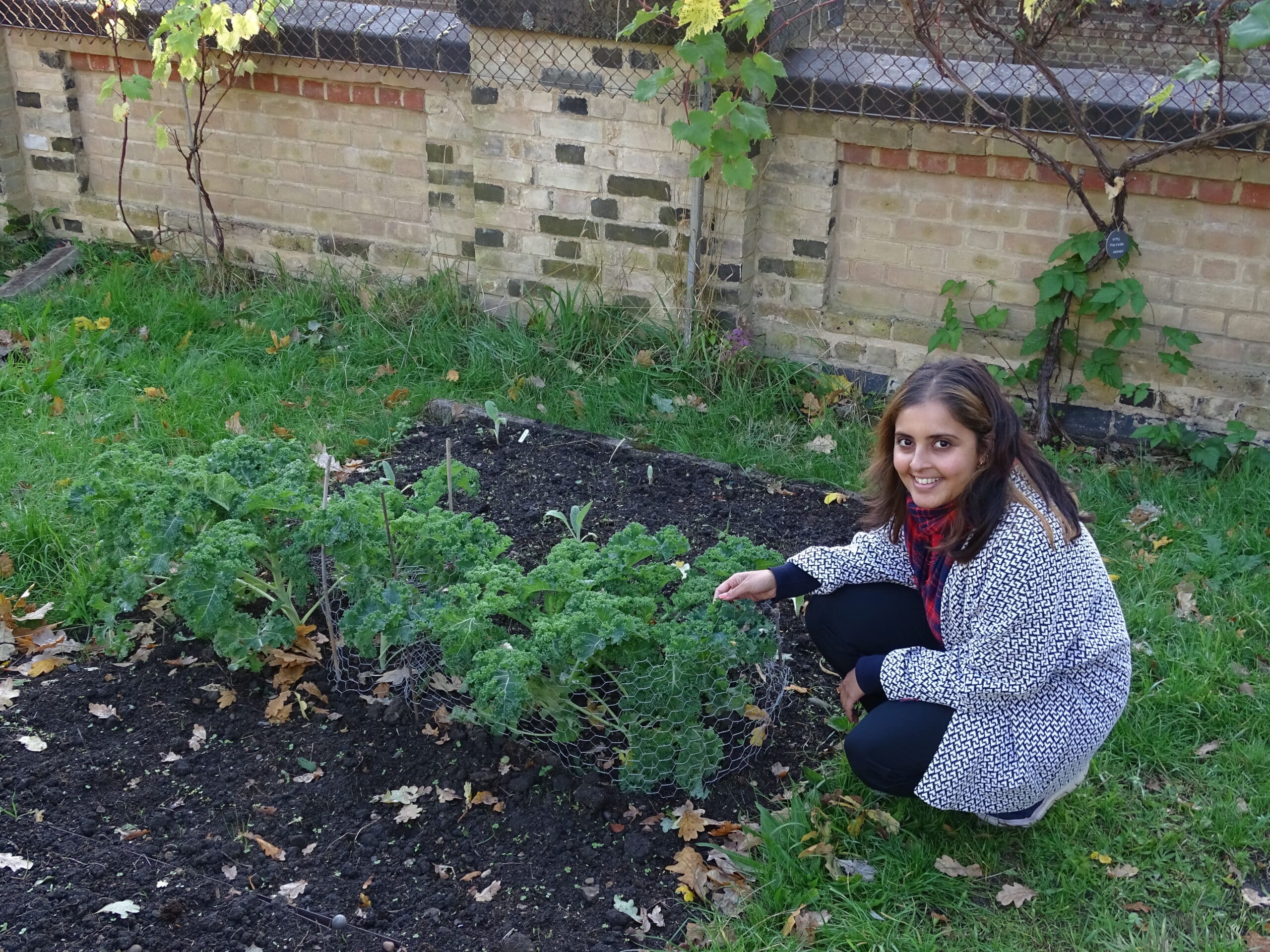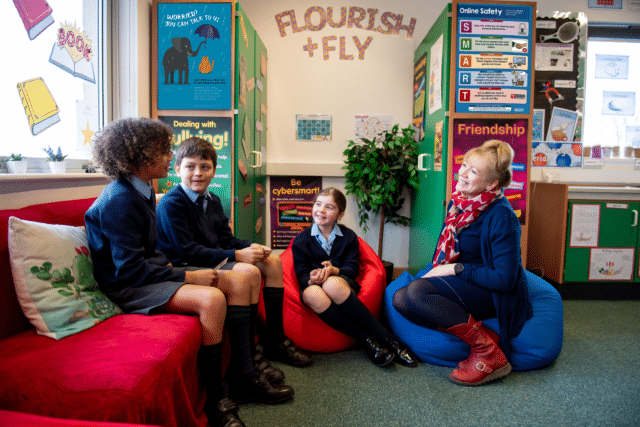Case Study
Schools have a responsibility to lead the way on sustainability
Priya Hira, James Allen’s Girls’ School’s Sustainability Lead, explains why it is vital that schools embed the pillars of sustainability within their culture.

What do we hope to achieve?
At JAGS, we pride ourselves on having the highest of ambitions for our pupils and their futures.
It therefore follows that when the school as a whole takes on any challenge, aspirations are suitably lofty.
Our commitment to sustainability is no exception. JAGS has pledged to become Carbon Neutral by 2030.
In order to achieve this, we know a piecemeal approach simply won’t cut it. And so, we have worked hard to embed sustainability into the very fabric of the school.
For us, there are five key pillars of sustainability; waste, energy, travel, natural environment and internal infrastructure.
Identifying these key areas has allowed us to take a focused approach to improving our practices.
What changes have we made so far?
As we knew they would, pupils, parents and staff alike have been quick to support our initiatives and help get a number of exciting programmes from our Sustainability Strategy off the ground.
This year, among many other schemes, we have:
- Installed a composter on site to help eliminate food waste.
- Installed bicycle tool stations and pumps at three locations around the school to support active and sustainable transport to school.
- Installed recycling bins in every classroom and office.
- Established a new student working group of Eco-Champions to support our five pillars of sustainability.
- Introduced a car-pool rota for staff to reduce the impact of travel.
And in the coming months we will be:
- Utilising our home-grown compost to support our botany beds to grow our own fruit and veg.
- Increasing outdoor learning opportunities for pupils.
- Conducting ongoing analysis of our energy usage to identify opportunities for renewable energy sources.
- Increasing active and sustainable travel to school.
Elsewhere our Botany and Composting clubs have already proved popular with pupils, while teachers across a range of subjects have incorporated lessons on sustainability into their curriculum.
These projects help to welcome a sea-change in the mentality of the school and its community, placing sustainability at the forefront and ensuring we are mindful of its importance in everything we do.
They operate in tandem with long-term strategies addressing the internal infrastructures of the school, such as updating buildings and switching to more renewable energy sources to power the school.

Eco Week
This week marks the return of our annual Eco Week and provides an opportunity for us to take an even sharper focus on all things sustainability.
Coinciding with COP27, the week gives us an opportunity to collaborate with nearby schools for a host of exciting activities designed to inspire pupils.
Our Eco Champions have already staged a stirring and thought-provoking assembly to kick off the week of action.
The wonderful catering staff have prepared a ‘low carbon’ menu which even features food grown right here on site.
Staff and pupils have committed to a ‘no printing day’ to reduce paper waste, while a student clothes swap has been organised to help give new life to unwanted garments.
In this spirit of recycling, excitingly pupils from JAGS and surrounding schools will also be using compost produced on site to create a giant ‘living wall’.
Why does it matter?
Schools sit at the heart of the community and therefore wield a degree of responsibility to ensure the minds of future generations are fully opened to the benefits of sustainability.
Eco Week is an excellent opportunity to highlight the work we do, educate pupils on the topic and shine a light on the areas we hope to improve.
Yet it’s vital that schools make sure pupils understand that sustainability is not a buzz word or trend – it’s a different way of seeing the world.
Schools have a responsibility to lead the way on sustainability. Pupils deserve to fully understand the impact of climate change on their lives but also the changes and solutions available to fight back!
Related articles
-
Blogs
Taking Eco Action -
Case Studies
UCS Green Impact Society Leading The Way -
Case Studies
Sustainability at St Helen’s -
Case Studies
Protest has turned to action at Putney High School -
Case Studies
Changing the environment - A school in transition


